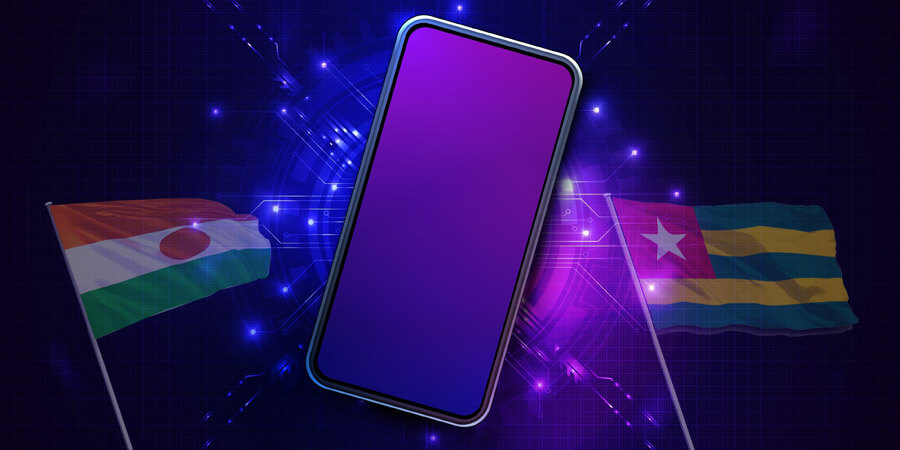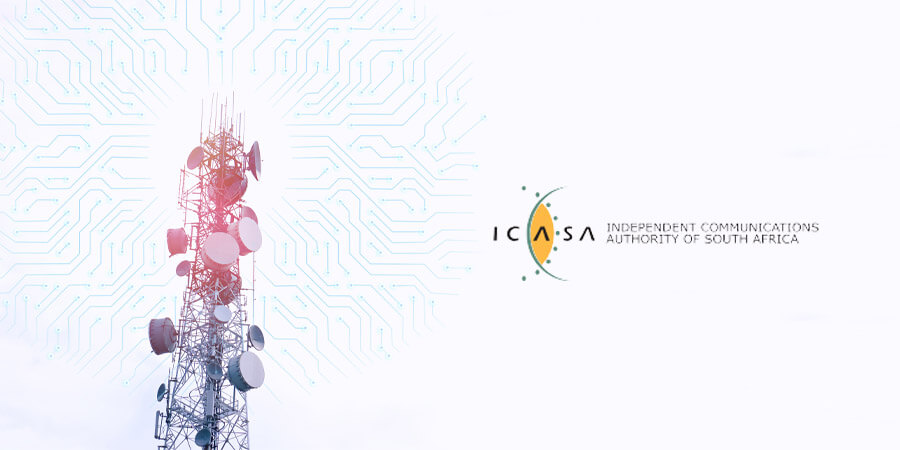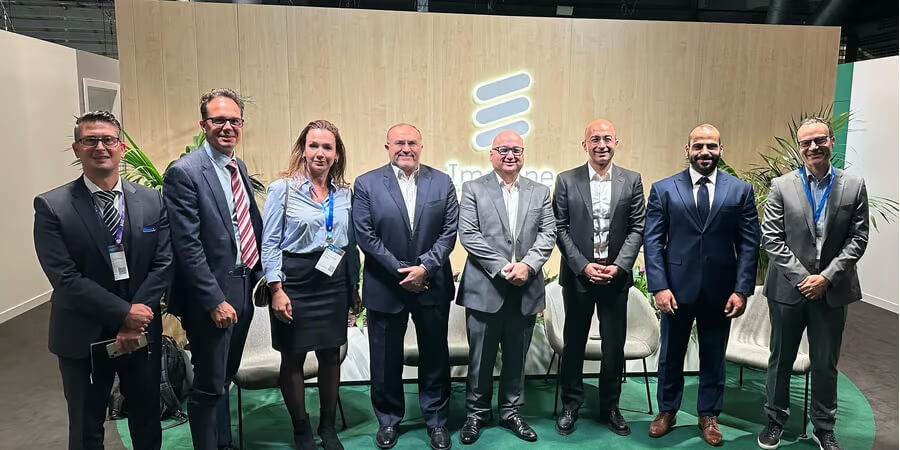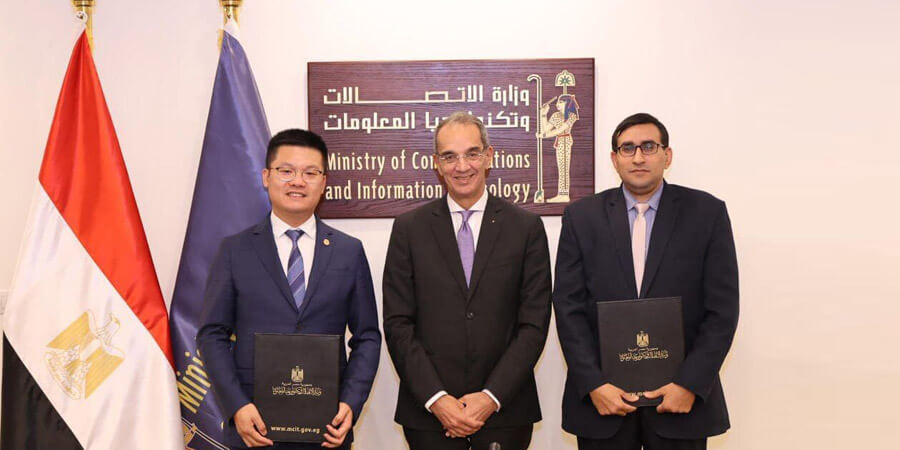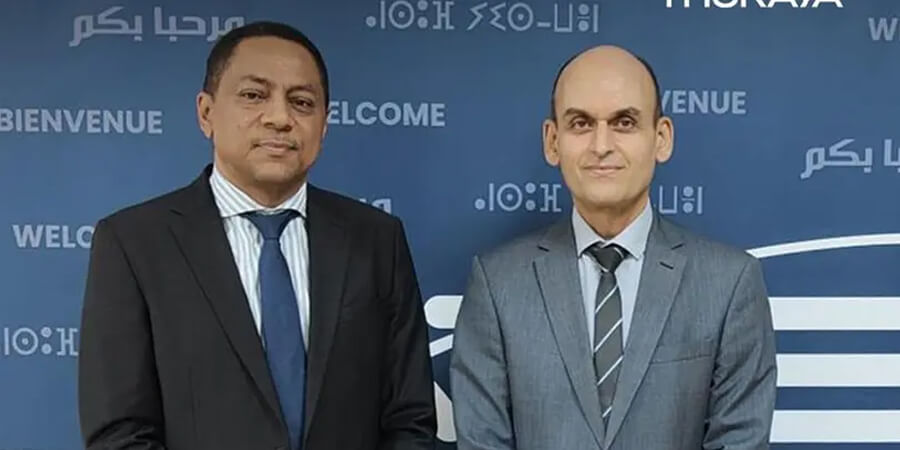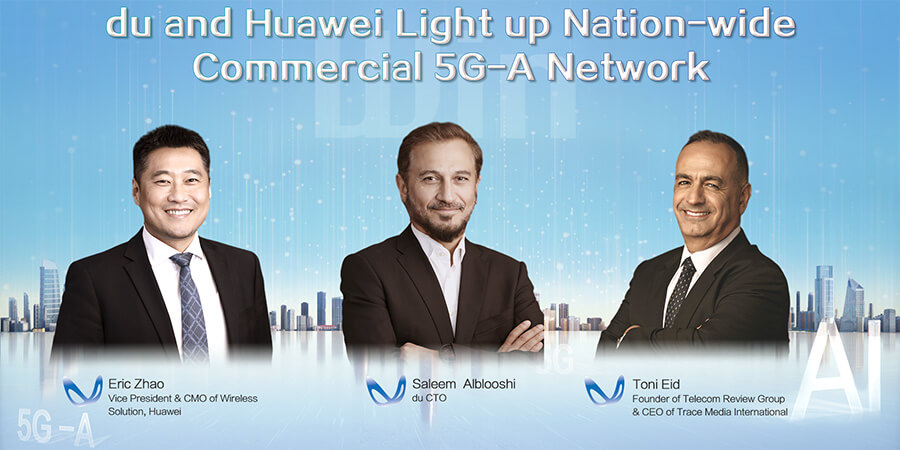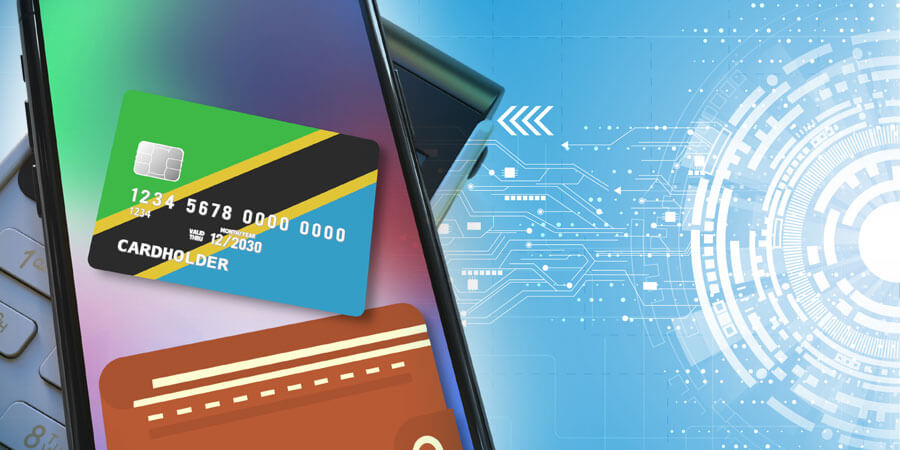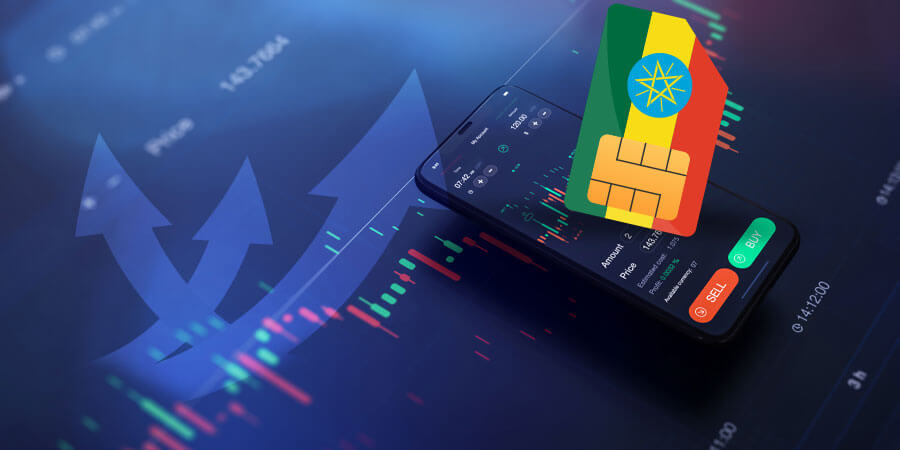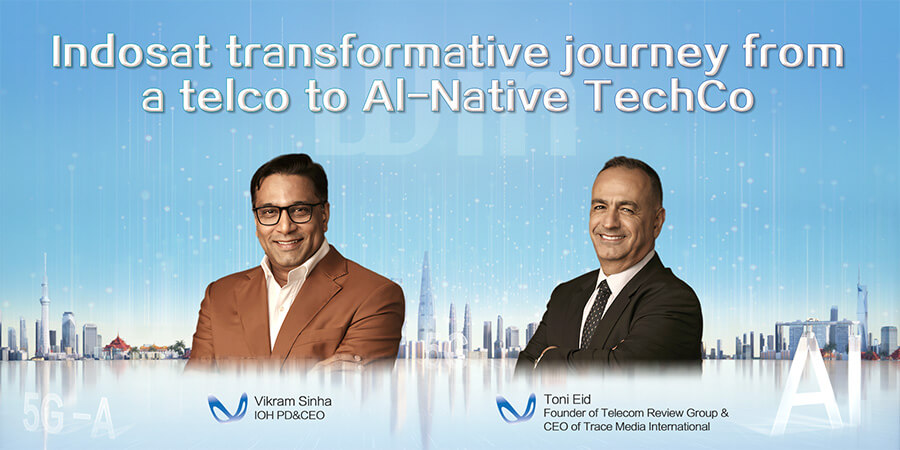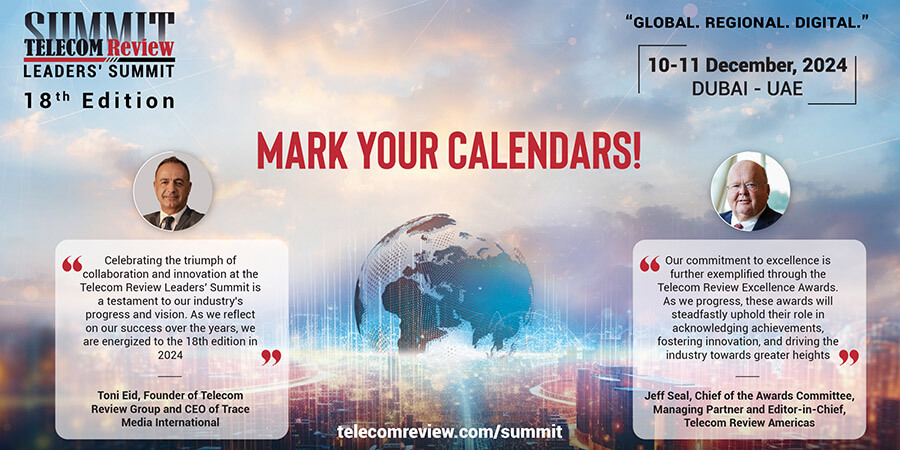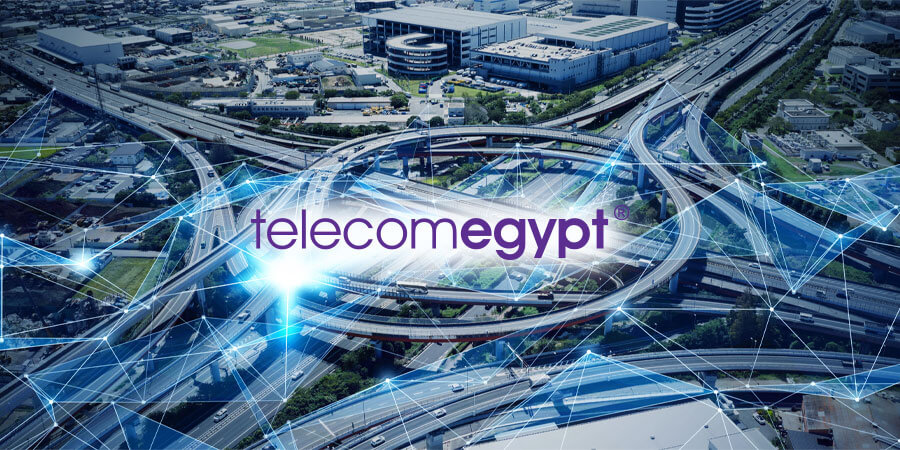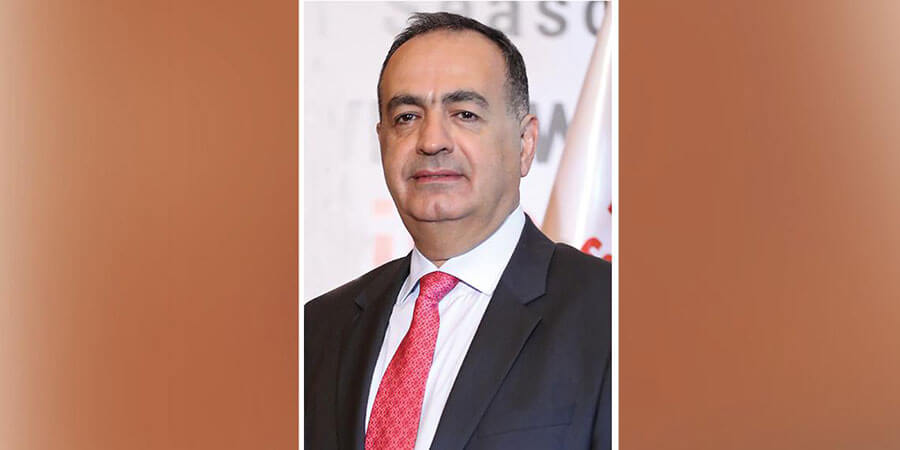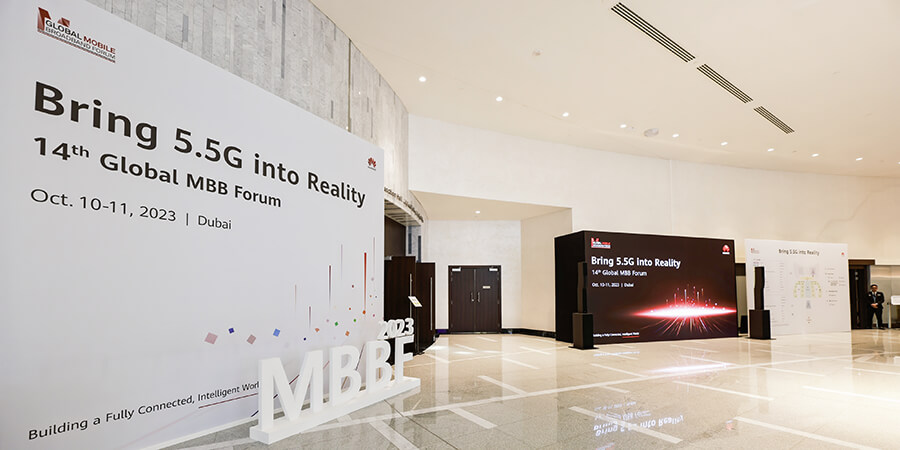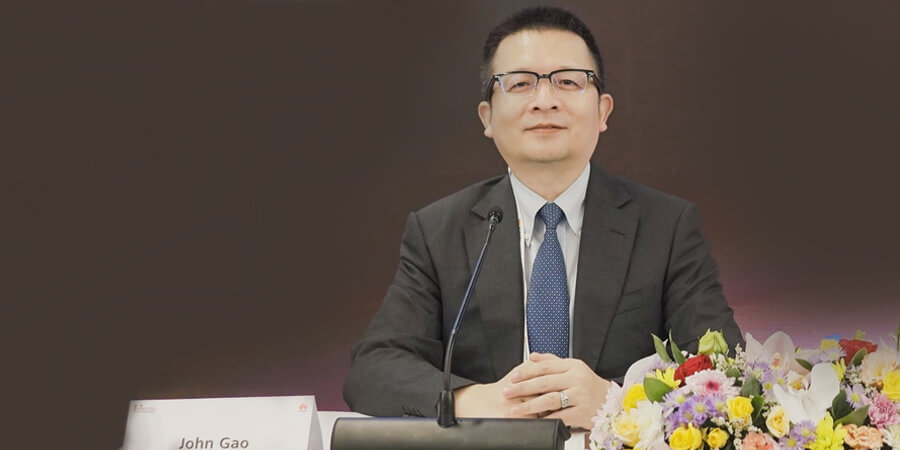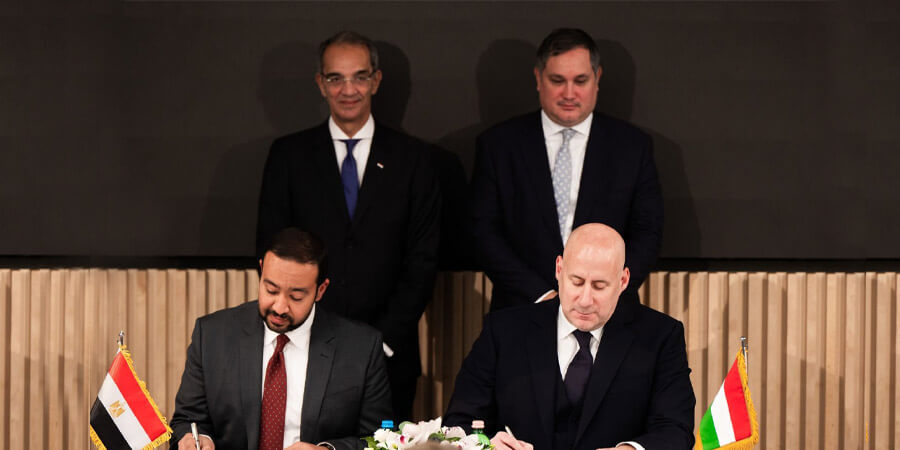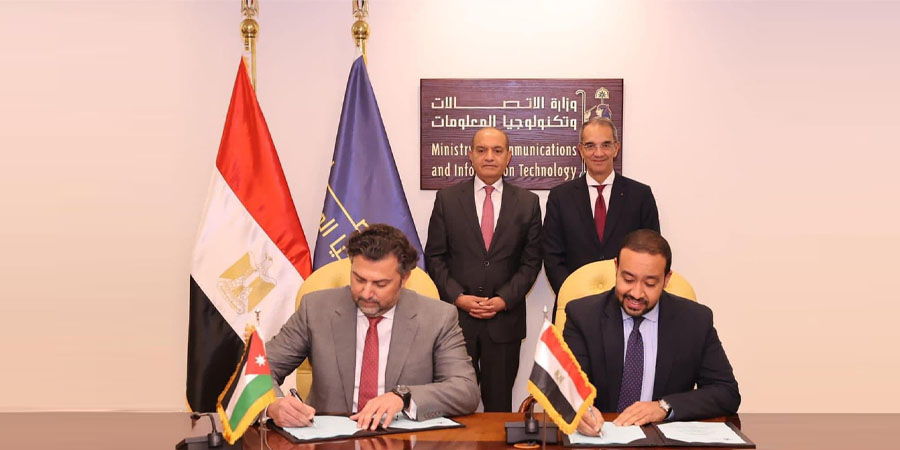For many years, the ITU and GSMA were calling for access to the internet and connectivity to be considered a human right. However, it is access to technology that has to be a human right. All populations around the world should have an equal opportunity to use technology.
We all know that technology adoption has changed societies for the better and has saved lives. Today, political interference with the technology industry does not affect companies, but rather affects consumers – the end users mostly.
The US ban on Chinese technology companies, the ban of VoIP apps in many countries and of social media in others, have made access to technology unequal and unfair.
Of course, many governments have said that the ban is for security reasons, given that many social media platforms can be used for nefarious purposes; no need for examples as they are numerous.
But, why won’t this issue be regulated on a global level? Many countries use alternative platforms. Consumers in China use Wechat instead of WhatsApp and they have their own google platform. In Russia, consumers use their own platform of Facebook. The UAE has its own legal VoIP app, etc.
Why does the deployment of 5G networks in the USA or Australia cost so much more than other countries? Because the market is not open, and this means consumers pay extra. Why can Canadians buy the Huawei P30, but their US neighbors cannot? Why is it that if we’re only looking at security issues (if there are any), we can’t keep politics away?






